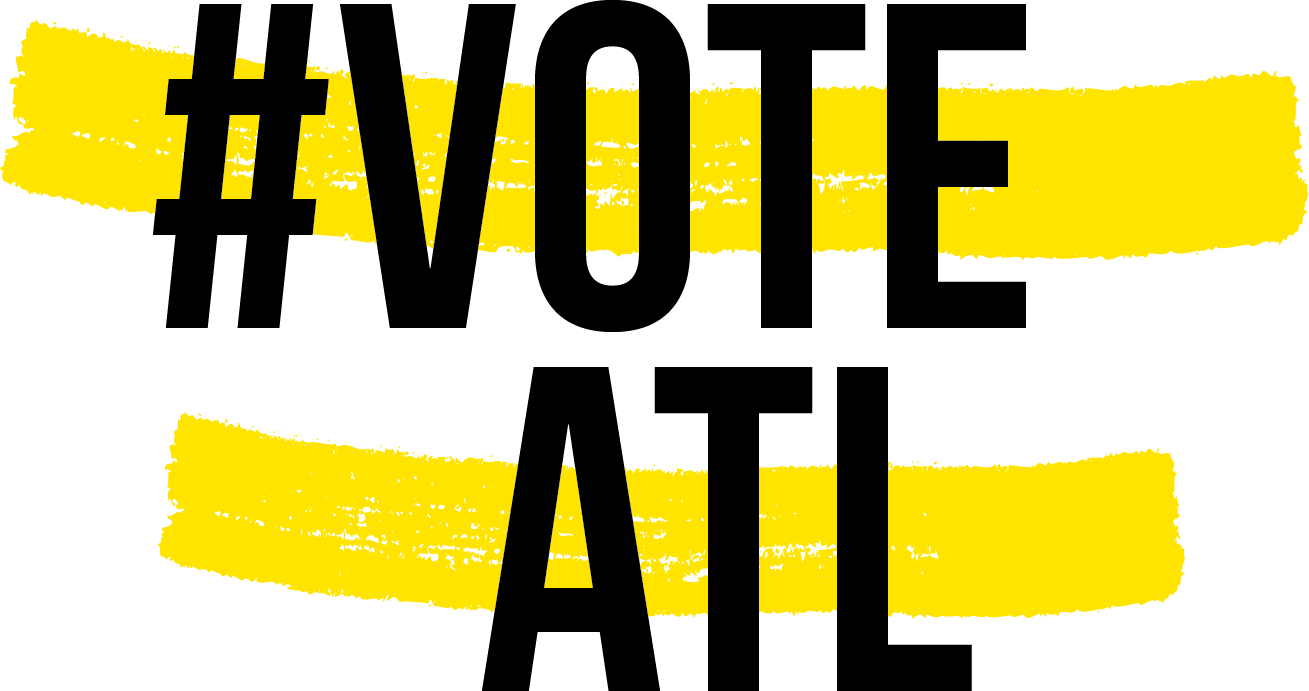Ken Zeff
Atlanta Board of Education
District 3
The Center for Civic Innovation sent a questionnaire to all candidates. Here are Ken’s responses:
SETTING VISION AND STRATEGY
School Board members are responsible for setting a vision and strategic direction for our school system to affect positive change. It’s important for representatives to lead by example and inspire others.
-
The school board, representing the voice of the community, sets the vision for the school district to educate all kids so they can lead choice-filled lives.
-
No
-
No. I have held leadership roles in several school systems across the country including San Diego, Los Angeles, and Fulton County. I have led operations, strategy and overall district management.
-
Professionally, I have served as chief strategy officer and then superintendent of Fulton County Schools, a district that surrounds the city of Atlanta.. Now I am the executive director of Learn4Life, a nonprofit partnership of the metro Atlanta school systems dedicated to finding and scaling what works to serve kids. I spend every day working with districts across the region to boost student achievement. This combination of experience and commitment will guide my decision-making as your District 3 representative.
-
I grew up the son of a career educator at Chicago Public Schools and I was personally educated in Chicagoland public schools. I have spent the last twenty years of my career in public schools working to advance the dual causes of equity and excellence. Perhaps more importantly, all three of my children are Atlanta Public School students. Together, they account for more than 30 years of education in APS.
-
I just read The Personal Librarian by Heather Terrell and Victoria Christopher Murray as part of the citywide One Book, One Read event coordinated by the Fulton County Library System. It is a work of historical fiction that has a timely analysis of racism, class, and power in the early 1900s. I was inspired by the grit and persistence of the main character to achieve success on behalf of her family and her community.
-
Literacy rates are at crisis levels in Atlanta Public Schools. Only 9% of kids from low-income households are reading on grade level in 3rd grade. If a child is not a fluent reader, they lack access to the majority of the education curriculum which limits that child’s long-term trajectory. At APS, we spend more than $23,000 per student per year. If we focus our resources on supporting teachers with a comprehensive literacy strategy, we can make every child a reader. This should be a singular priority for the Board of Education.
HIRING THE SUPERINTENDENT
During this election process, the School Board is also actively searching for a new Superintendent. This next board will be making the decision on who will be hired.
-
I think when search firms generate a two page list of qualities in the next superintendent, we lose the opportunity to focus this hire and the district on a few key priorities. There are three qualities I will be looking for in the next district leader: 1) literacy leadership and 2) decentralizing resources 3) expert communication skills. For literacy leadership, I will look to see if they demonstrated transformational literacy gains in a similar setting as APS. To push out resources from the central office, a superior candidate will have shown the ability to lead a diverse system by supporting, instead of managing each school community through compliance. An experienced communicator will have demonstrated that they can build the trust across the community which is the foundation for meaningful education reform.
-
Ultimately, the work is about student success so that should be the prioritized measure for accountability purposes. I would include key outcome measures such as third grade literacy, 8th grade mathematics, and 9th grade on track to graduate as key indicators of progress. There are essential inputs to measure such as teacher retention, balanced budgets and disproportionate discipline to name a few more key measures of progress.
Setting the budget
APS’s budget is a direct representation of the School Board’s priorities, and adopting it is one of the School Board’s primary responsibilities. It requires board members to make tough decisions, ask clarifying questions, understand the constraints, and ensure dollars are being allocated effectively and equitably.
-
I would shift the decision-making to school leadership and the GO Teams to direct additional investments in their community. This can be directly financed by moving funds from the central office which grew about 18% in the current budget (about $40 M). Property taxes increased by 9.7% last year. We need to tow the line on central office budgets and empower schools. We did this at Fulton County Schools. While I was in leadership, we earned a Aaa bond rating because we balanced the budget and improved achievement each year.
-
I believe APS should embrace its role as a steward of funds from the taxpayer. This means, to the extent possible, the public should have a say in how their funds are deployed. The GO Teams are the appropriate structure to guide these investments. One size fits all directives from the central office are not likely to be effective to a diverse system like APS. The district administration should support local schools to invest these resources, with proper accountability, to best meet the needs of their unique students.
Creating Public Policy
The School Board has a responsibility to review, create, shape, and shift policies. Moving public policy requires an understanding of what policies are today, how we got here, and where we’re trying to go. A School Board member must also consider the impact these policies have on key stakeholders (e.g. students, teachers, and parents).
-
A lack of transparency in the superintendent evaluation process has limited trust between the Board and the community. While some discussion points are restricted by HR rules, many other districts share the leader’s goals and their performance toward achieving those goals in a very public annual review process. For the next superintendent, I will champion a very public goal-setting and evaluation process so the community is engaged with their district leader each step of the way.
-
I am encouraged by the outlines of a literacy policy that are being discussed by a few current board members. APS needs a comprehensive literacy policy to allow schools to expand their time on literacy, invest in instructional coaches in the classroom, and compensate teachers for completing literacy training outside of school time. This type of policy has been successful in other districts in metro Atlanta. The organization I lead, Learn4Life, has supported similar work in Marietta City Schools that has been transformation for student literacy. I believe finalizing this type of policy implementation will positively alter the trajectory of the APS education for thousands of students.
Building Community Relationships
The School Board cannot do this work alone. As a School Board member you must build and maintain relationships with a number of key stakeholders, from parents, to teachers, to other government agencies or private enterprises (non-profit or for-profit).
-
There are world-class literacy experts in our region, such as the Atlanta Speech School, that can provide support and training to our teachers and instructional staff. While we have the beginnings of a partnership in a few schools, I think partnering with nonprofits that are mission-driven like the Speech School can bring much needed expertise and experience to our instructional team.
-
Student success will soar when the Board works closely with teachers, parents, and the community as true partners in the work of Atlanta Public Schools. Here are two immediate action steps I would like to enact:
Delegate true authority to the GO Teams - this is the heart of how external stakeholders engage with APS. If the governance team is given control over more resources and how their school is run, they become active partners in the success of that school community.
Communicate regularly and clearly - in past redistricting efforts, parents' voices were not always heard consistently. We must ensure we have a clear process that respects parent’s time and input and then we must stick to that process
Operating with Transparency and Equity
School Board members must commit to openness and transparency. This matters to keep people informed about decisions and spending made on their behalf.
-
In addition to a more public superintendent evaluation process, I think in large community events such as the “State of the Schools”, we should ensure that we actually share student performance data, even if there are areas where substantial work is required. We must be honest and transparent in these events to build trust. It is the Board’s responsibility to ensure the community gets this type of candor they expect from their elected representatives.
-
While equality means providing the same to all, equity means recognizing that we do not all start from the same place and we must make intentional adjustments to correct these imbalances.
-
"My approach to promoting equity and diversity is through transparency and honesty. I will be plain spoken about where we are succeeding and where we are challenged as a system. I will strive to create a culture where folks have a common set of values and are free to speak their mind because that is essential to building a workplace where everyone feels included and valued.
"
Other resources:

